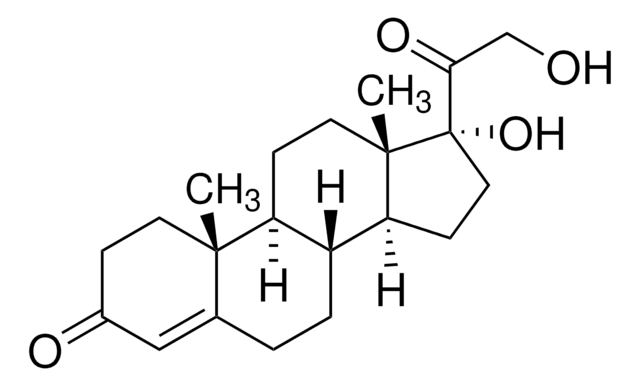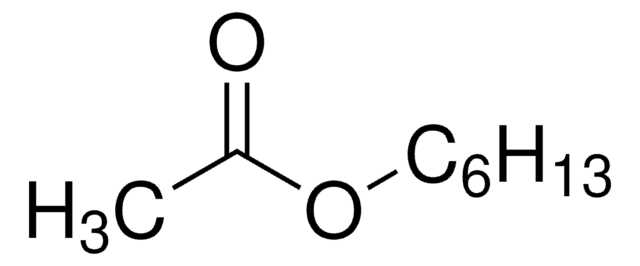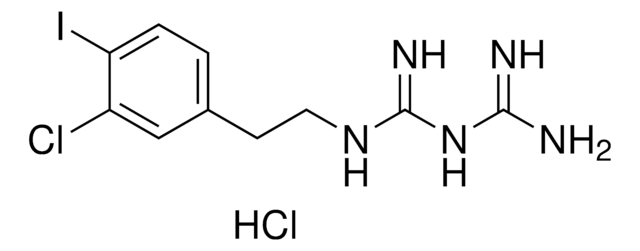Y0001092
Hydrocortisone for peak identification
European Pharmacopoeia (EP) Reference Standard
Synonym(s):
Hydrocortisone, 11β,17α,21-Trihydroxypregn-4-ene-3,20-dione, 17-Hydroxycorticosterone, 4-Pregnene-11β,17α,21-triol-3,20-dione, Cortisol, Kendall’s compound F, Reichstein’s substance M
About This Item
Recommended Products
grade
pharmaceutical primary standard
API family
hydrocortisone
manufacturer/tradename
EDQM
mp
211-214 °C (lit.)
application(s)
pharmaceutical (small molecule)
format
neat
storage temp.
2-8°C
SMILES string
[H][C@@]12CCC3=CC(=O)CC[C@]3(C)[C@@]1([H])[C@@H](O)C[C@@]4(C)[C@@]2([H])CC[C@]4(O)C(=O)CO
InChI
1S/C21H30O5/c1-19-7-5-13(23)9-12(19)3-4-14-15-6-8-21(26,17(25)11-22)20(15,2)10-16(24)18(14)19/h9,14-16,18,22,24,26H,3-8,10-11H2,1-2H3/t14-,15-,16-,18+,19-,20-,21-/m0/s1
InChI key
JYGXADMDTFJGBT-VWUMJDOOSA-N
Gene Information
human ... NR3C1(2908)
Looking for similar products? Visit Product Comparison Guide
General description
Application
Biochem/physiol Actions
Packaging
Other Notes
related product
Signal Word
Danger
Hazard Statements
Precautionary Statements
Hazard Classifications
Repr. 1A - STOT RE 2
Target Organs
Adrenal gland,Bone marrow
Storage Class Code
6.1D - Non-combustible acute toxic Cat.3 / toxic hazardous materials or hazardous materials causing chronic effects
WGK
WGK 2
Flash Point(F)
Not applicable
Flash Point(C)
Not applicable
Choose from one of the most recent versions:
Certificates of Analysis (COA)
It looks like we've run into a problem, but you can still download Certificates of Analysis from our Documents section.
If you need assistance, please contact Customer Support.
Already Own This Product?
Find documentation for the products that you have recently purchased in the Document Library.
Customers Also Viewed
Our team of scientists has experience in all areas of research including Life Science, Material Science, Chemical Synthesis, Chromatography, Analytical and many others.
Contact Technical Service







